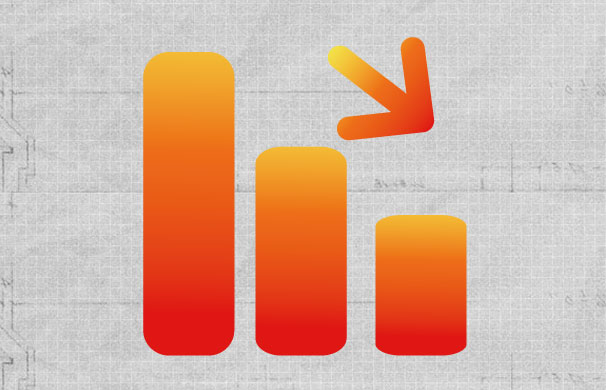Disallowable Expenses and the Self-Employed
One of the most common questions we get asked by our self-employed clients is “Am I allowed to claim such-and-such as a business expense?” There are large lists of what is and what is not allowed but we have noted below a couple of common grey areas that cause confusion. For more about capital allowances click here.
We also recommend looking around HMRC’s website and registering so you can handle all your tax and VAT online. Check out our HMRC login infographic to quickly and easily find the right area.
The official definition of a disallowable expense is “Expenditure not incurred wholly and exclusively for trading purposes”.
Allowable Expenses are therefore obviously expenses “incurred wholly and exclusively for trading purposes”, for example petrol for business mileage, telephone bills for business call usage, utility bills for business premises, bank interest on loans and credit cards etc.
Be careful with interest as not all interest is an allowable expense, for example late payment interest incurred for failure to pay income or capital gains tax on time is not allowed.
A lot of self-employed people employ members of their family in their business and this salary is an allowable expense. However, it is only allowable if it is based on the market rate for the work performed. For example, it would not be allowable for a business owner to pay an excessively large salary to their husband / wife in order to reduce the taxable profit of the business.
Capital expenditure is not always clear cut but generally expenditure on capital assets is not an allowable expense. For example if you buy a new computer, the full cost of the computer is not allowable as a trading expense. However, to confuse matters, if you buy it on HP, the interest would be allowable. If it breaks and you get it repaired the repair cost is an allowable revenue expense and if you add memory to improve it the cost of the new memory is a disallowable capital expense.
Hope that is all clear!
If you would like any advice on this topic, give us a call on 0131 556 8595.
- HMRC Investigate Fraudulent Job Retention Scheme Claims - June 17, 2020
- Worldwide Disclosure – HMRC and Living Overseas - May 21, 2019
- UK Tax Loan Scheme for Pilots Still Up in the Air - March 20, 2019
Ricky worked as an Investigator in the Inland Revenue for over 20 years before founding Steedman & Company in 1987, giving him the experience and knowledge that enabled him to help so many clients over the years.
His appearance on a Channel 4 television programme about the inside workings of Revenue and Customs was watched by 4.1m which sealed his status as one of the most highly respected tax consultants to ever work in Scotland.
Ricky led all tax investigation and COP 9 cases, using his extensive knowledge to help people reach a positive resolution to their situation.
Ricky passed away suddenly and unexpectedly in June 2022 after leaving his indelible mark on the company he founded and headed for over 35 years.








Wonderful article, short but in-depth. I became clear about this topic. Can you please update us about ertc tax credit?